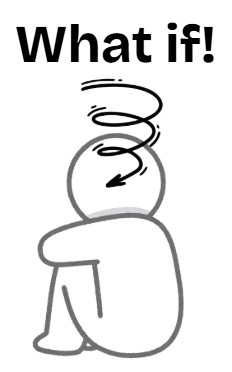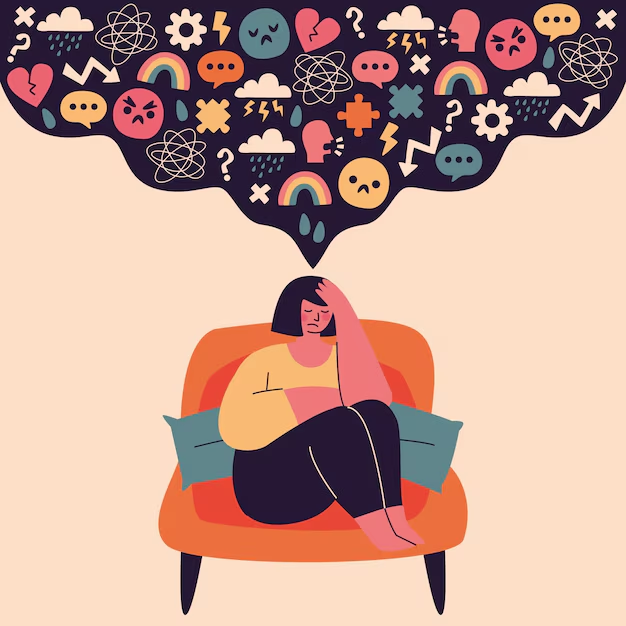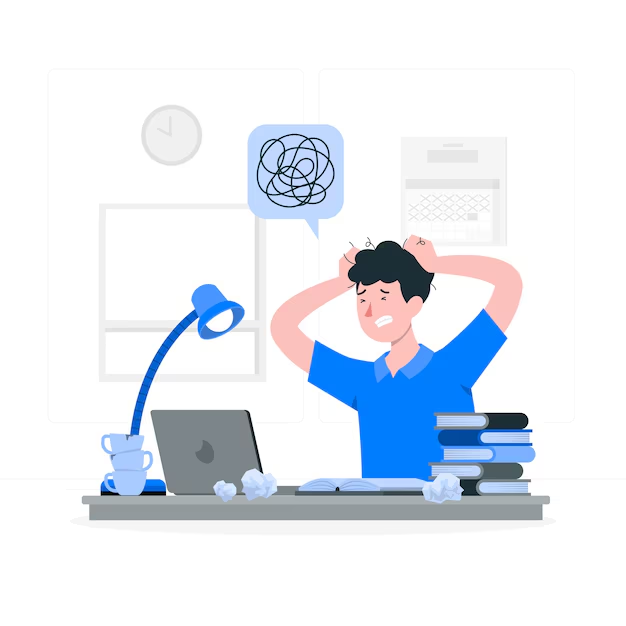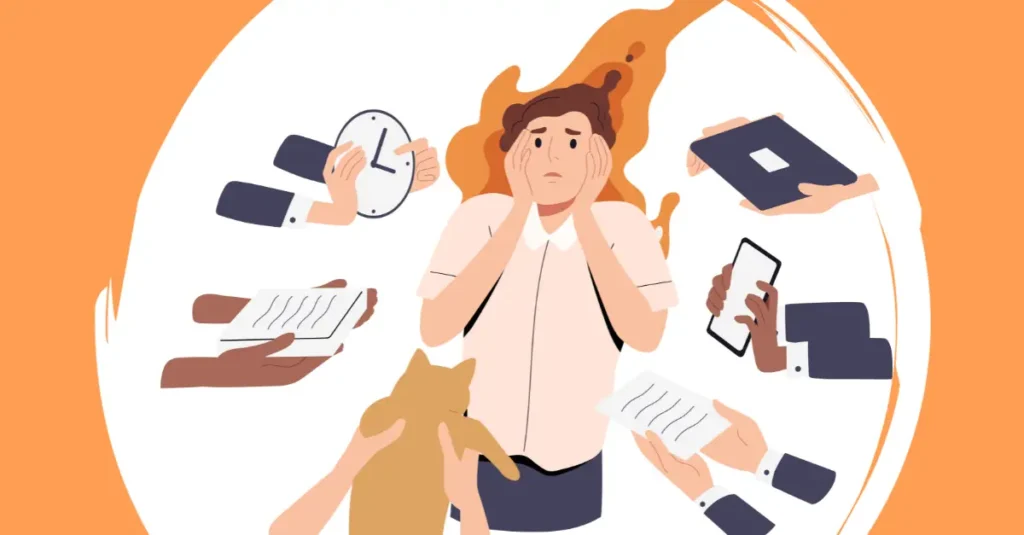We’ve all experienced this. Caught in a mental cycle, revisiting previous events and worrying about different decisions. “What if I had accepted that position? ” “What if I had responded differently? ” “What if I had simply put in more effort? ” These “what if” traps, referred to as counterfactual thinking, are an inherent aspect of human thought. They enable us to gain insights from past situations and envision future opportunities. Nonetheless, when these considerations become overwhelming and obsessive, they can ensnare us in a loop of negativity, obstructing our current well-being and future advancement.
Psychology of What If Traps
Counterfactuals are mental representations of alternatives to the past and produce consequences that are both beneficial and aversive to the individual. These apparently contradictory effects are integrated into a functionalist model of counterfactual thinking.(APA)
It is a mental process wherein we envision different scenarios than what really took place. It’s a type of cognitive simulation, enabling us to investigate various results stemming from imagined decisions. Although “what ifs” can be beneficial for resolving issues and strategizing, they may also result in emotions of remorse, guilt, and unease.
Psychological Tendencies influencing “What if Thinking”
Regret: The greater our sense of regret regarding a previous event, the more inclined we are to indulge in “what if” speculation.
Uncertainty: When the result of a situation is unclear or uncertain, we might be more likely to envision different scenarios.
Emotional Intensity: Events that generate intense emotions, regardless of being positive or negative, frequently activate counterfactual reasoning.
Perfectionism: People with perfectionistic traits may be more apt to fixate on past errors and consider how things might have turned out flawlessly.
Downside of Dwelling on “What Ifs”:
While occasional “what if” thinking is normal, becoming stuck in this pattern can have detrimental effects on our mental health:
Increased Anxiety and Depression: Repeatedly thinking about negative events and envisioning alternative outcomes can exacerbate feelings of anxiety and depression.
Reduced Motivation: Dwelling on previous errors may result in feelings of helplessness and a diminished drive to chase future objectives.
Impaired Decision-Making: Overanalyzing earlier decisions can hinder our ability to make choices in the present.
Strained Relationships: Brooding over past disputes can harm relationships and foster resentment.
Decreased Self-Esteem: Persistently doubting our prior actions can undermine our self-confidence and sense of self-worth.
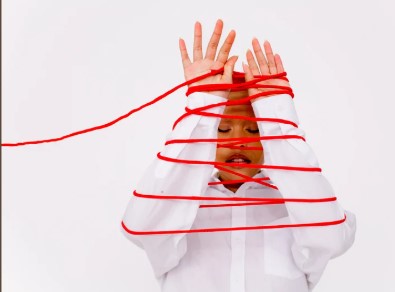
Escaping the What If Trap:
Breaking free from the cycle of counterfactual thinking requires conscious effort and practice. Here are some strategies that can help:
Recognize the Pattern: The initial step is to notice when you are partaking in “what if” thinking. Observe the thoughts that arise in your mind and the feelings they generate.
Challenge the Thoughts: Inquire if these “what ifs” are beneficial. Are they providing any constructive insights or are they merely promoting negative feelings? Frequently, the answers tend to be negative.
Focus on the Present: Redirect your focus from the past to the current moment. Participate in activities that anchor you in the present, such as mindfulness practices, meditation, or simply paying attention to your senses.
Acceptance: Recognize that altering the past is not an option. Acknowledging what occurred is essential for progressing. This does not imply approving of negative events, but rather understanding that they are a part of your narrative.
Learn from the Past: Rather than fixating on “what ifs,” concentrate on deriving valuable lessons from previous experiences. What insights can you gain from the situation that will assist you in making improved decisions in the future?
Practice Self-Compassion: Be gentle with yourself. Everyone is prone to mistakes. Offer yourself the same kindness you would give to a friend who is facing challenges.
Set Realistic Expectations: Release the quest for perfection. Embrace the fact that life is replete with uncertainties and that everyone makes errors.
Seek Support: If you find it difficult to escape the loop of counterfactual thinking, consider seeking assistance from a therapist or counsellor. They can offer direction and aid you in developing coping mechanisms.
Read more : How to effectively manage stress?
Conclusion
“What if” contemplation is an inherent human inclination, but when it becomes too intense, it can adversely affect our mental health and overall well-being. By identifying the pattern, disputing negative thoughts, concentrating on the present, and cultivating self-compassion, we can break free from the “what if” dilemma and foster a more positive and satisfying life. Understanding how to embrace the past and concentrate on the insights it provides enables us to advance with enhanced resilience and wisdom.
References
- Roese, N. J. (1997). Counterfactual thinking. Psychological Bulletin, 121(1), 133–148. https://doi.org/10.1037/0033-2909.121.1.133
- Epstude, K., & Roese, N. J. (2008). The functional theory of counterfactual thinking. Personality and social psychology review : an official journal of the Society for Personality and Social Psychology, Inc, 12(2), 168–192. https://doi.org/10.1177/1088868308316091
Subscribe to PsychUniverse
Get the latest updates and insights.
Join 3,045 other subscribers!
Niwlikar, B. A. (2025, March 15). What If Traps : Revealing and Escaping the Cycle of Counterfactual Thinking. PsychUniverse. https://psychuniverse.com/what-if-traps/

